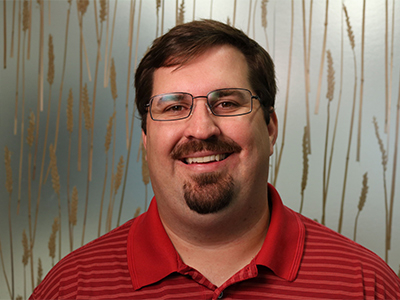Farmers can optimize inputs if they understand how much water the soil can hold and how fast water and nutrients move through it. Trenton Franz with the University of Nebraska School of Natural Resources has been working on a number of innovative projects designed to improve water use efficiency and agricultural systems by providing better soil moisture data, including moisture variability across fields.
As a DWFI research fellow, Franz has worked successfully with scientists and farmers worldwide to combine applied nuclear physics with agriculture. One project is the impressive noncontact, passive cosmic-ray neutron probe that measures soil moisture in real time.
“The sensors can be used on ATVs, tractors and other vehicles, which greatly increases their usefulness for practical application in the future,” he explained. Sensors also can be placed on autonomous vehicles to collect data sets useful across a broad scale.
All of Franz’s work focuses on bridging the gap between applied science and practical application. “The research shows that the sensors work, but we need to make them economical, practical and scalable to make a difference,” he explained. “A small gain in efficiency has huge benefits for farmers, as well as society, and this will be critical for water sustainability in the future.”
The key to making the sensors practical, according to Franz, is to incorporate them into farm operations such as spraying, planting and harvesting.
Ultimately, data from groundbased geophysical sensors can be combined with data from satellite and UAV sensors that can’t easily evaluate soil in the plant root zone. Franz said, “Combining these different data sources will be challenging but the work holds great promise.”


